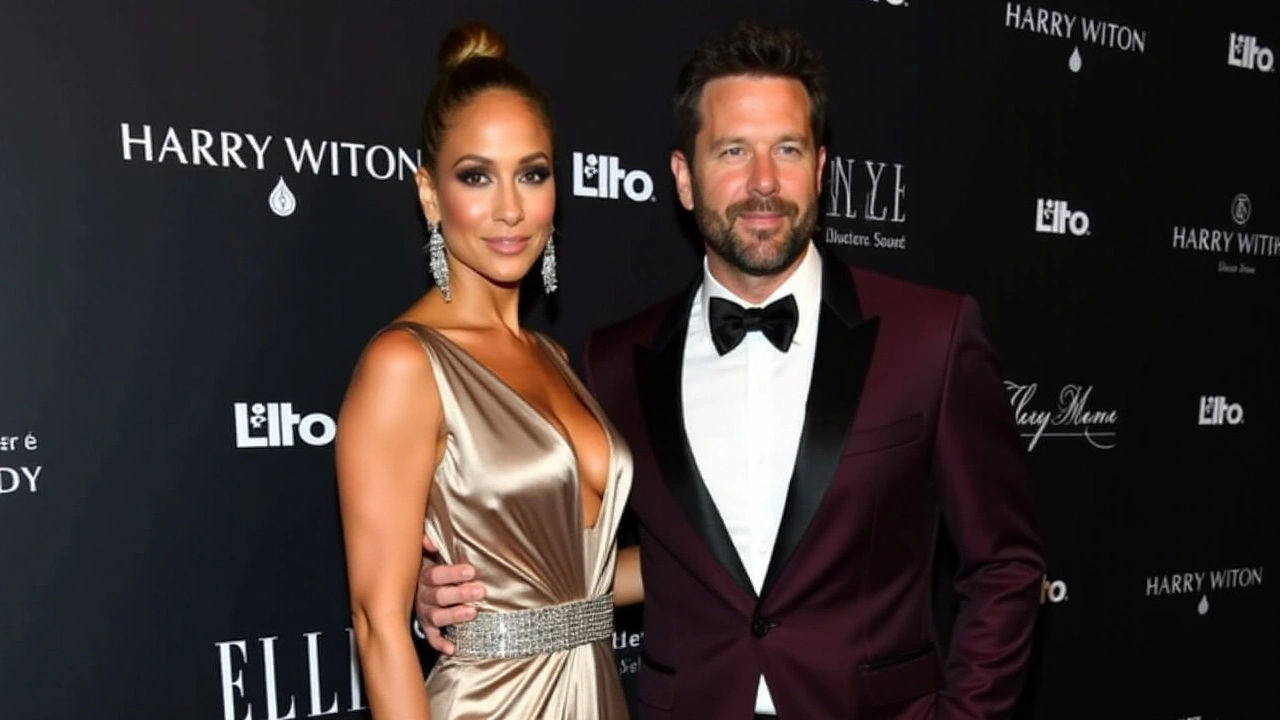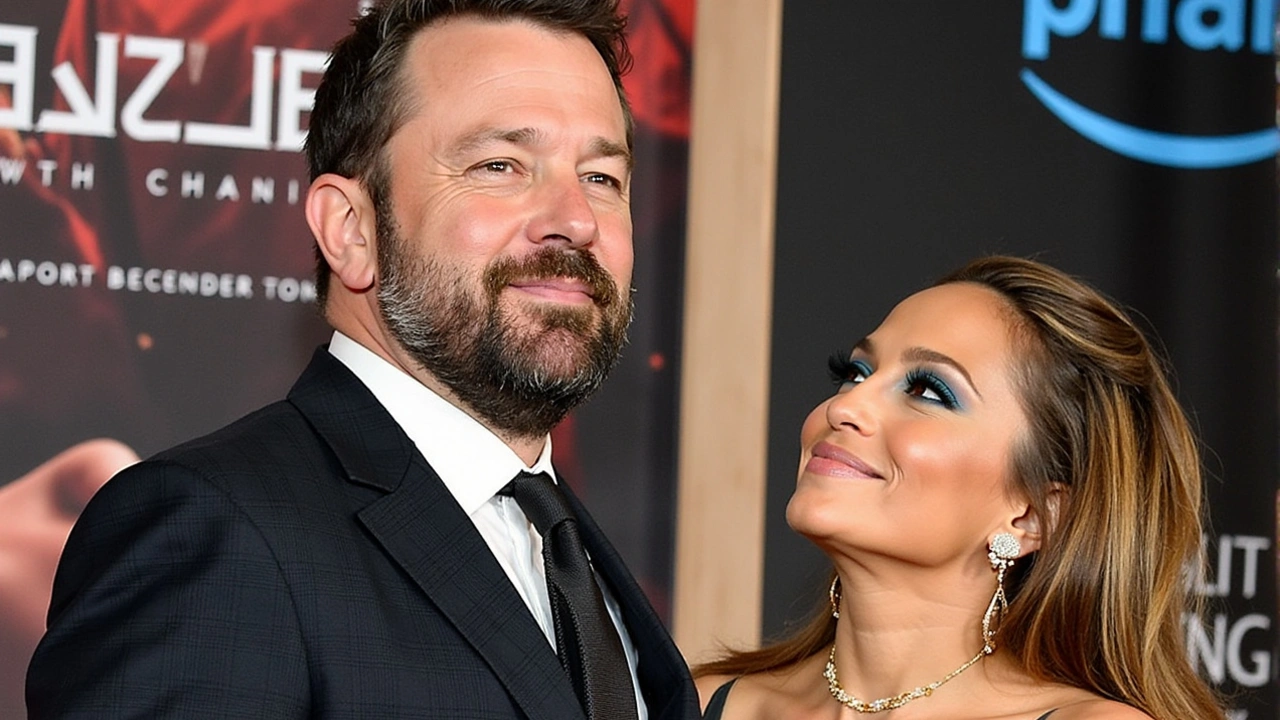BBC Launches Revolutionary Pidgin Digital Service for West African Audiences
 Aug, 21 2024
Aug, 21 2024
BBC's Pioneering Effort in Digital Media for West Africa
The BBC World Service recently launched a digital service in English-based Pidgin designed to engage audiences in West and Central Africa. This innovative initiative represents the most extensive expansion of the BBC World Service since the 1940s, supported by a substantial funding boost from the UK government in 2016. The digital platform, primarily catering to mobile users and social media enthusiasts, aims to provide a rich mix of local, regional, and international news, current affairs, and an array of cultural content.
Why Pidgin? Connecting Millions Across Language Barriers
Pidgin, a blend of English and various local languages, serves as an informal lingua franca for millions of people in Nigeria and beyond. Estimates suggest that between three to five million Nigerians speak Pidgin as their first language, while up to 75 million use it as a second language. By embracing Pidgin, the BBC hopes to reach a broader audience, creating a platform that not only informs but also unites people across diverse ethnic, regional, and socio-economic backgrounds. The widespread use of Pidgin in everyday communication underscores its significance in the region.
Pidgin has often been dismissed as an informal language, lacking the prestige of more 'official' languages. However, the new BBC service aims to challenge this stigma. It offers a formalized platform that elevates Pidgin's status and contributes to standardizing its written form. By doing so, the BBC promotes a greater appreciation for the language and its role in bridging communication gaps among diverse communities.
A Comprehensive Content Mix Tailored for Mobile Consumers
The BBC Pidgin service is not just about news; it encompasses an extensive range of topics including culture, entertainment, entrepreneurship, science, technology, health, and sports. This broad spectrum ensures that the platform caters to various interests, making it a one-stop source for comprehensive information. With a particular focus on mobile content, the service acknowledges the preference of African audiences to consume media on their mobile devices. Social media integration further enhances accessibility, allowing users to engage with content on platforms like Facebook and Instagram.
Local and Regional Reporting: A Ground-Up Approach
The production hub for the BBC Pidgin service is based in Lagos, Nigeria's largest city, which serves as the epicenter for news gathering and content creation. Additionally, reporters stationed in Ghana and Cameroon contribute to a regional perspective, ensuring that the platform remains attuned to the issues that matter most to its audience. This ground-up approach is vital for delivering relevant, timely, and contextually accurate information, enhancing the credibility and relatability of the service.
Breaking the Stigma: Elevating Pidgin to New Heights
Bilkisu Labaran, the editorial lead for the BBC Pidgin service, emphasizes the language's vital role in bridging ethnic and socio-economic divides. She points out that Pidgin is more than just an informal means of communication; it is a unifying force that brings people together. By providing high-quality content in Pidgin, the BBC aims to elevate the language's status and foster a deeper appreciation for its cultural significance.
The lack of a standardized written form for Pidgin has often been a barrier to its acceptance in more formal settings. However, the BBC's initiative could significantly contribute to the development of a standardized Pidgin orthography. This effort not only benefits Pidgin speakers but also enriches the linguistic diversity of the region by preserving and promoting a language that has historically been marginalized.
Future Expansions: A Global Vision
The launch of the BBC Pidgin service is only the beginning. The BBC has ambitious plans to introduce 10 more language services targeting different regions in Africa and Asia. These future expansions include services in Korean, Gujarati, Telegu, Marathi, and Punjabi for the Indian subcontinent, as well as Amharic and Oromo for Ethiopia. Each of these new services will follow the same digital-first approach, focusing on mobile and social media platforms to reach the widest possible audience.
This strategy aligns with the BBC's broader mission to provide accurate, impartial, and in-depth news and information to underserved communities around the world. By leveraging digital technology and local expertise, the BBC hopes to build a more informed and connected global community, breaking down barriers and fostering a greater understanding among people from diverse backgrounds.

Conclusion: A New Era for Pidgin and Digital Media
The BBC's decision to launch a Pidgin service is a groundbreaking step in recognizing and celebrating the linguistic diversity of West Africa. By offering high-quality, accessible content in a widely spoken but often undervalued language, the BBC is not just filling a gap in the media landscape; it is setting a new standard for how global media organizations can engage with diverse audiences. This initiative promises to enrich the lives of millions of Pidgin speakers, offering them a platform that values their language and, by extension, their unique cultural identity. As the service gains traction, it will undoubtedly inspire further innovations in digital media, contributing to a more inclusive and connected world.

Jinky Palitang
August 21, 2024 AT 23:23Amar Sirohi
August 22, 2024 AT 09:25Nagesh Yerunkar
August 24, 2024 AT 02:23Daxesh Patel
August 25, 2024 AT 20:31Sandeep Kashyap
August 27, 2024 AT 01:48Aashna Chakravarty
August 27, 2024 AT 06:05Kashish Sheikh
August 28, 2024 AT 05:32dharani a
August 30, 2024 AT 03:11Vinaya Pillai
August 30, 2024 AT 13:16mahesh krishnan
August 30, 2024 AT 20:39Mahesh Goud
September 1, 2024 AT 16:05dhawal agarwal
September 1, 2024 AT 22:52Shalini Dabhade
September 2, 2024 AT 09:19Jothi Rajasekar
September 3, 2024 AT 16:33Irigi Arun kumar
September 4, 2024 AT 02:59Jeyaprakash Gopalswamy
September 5, 2024 AT 22:11ajinkya Ingulkar
September 6, 2024 AT 19:24